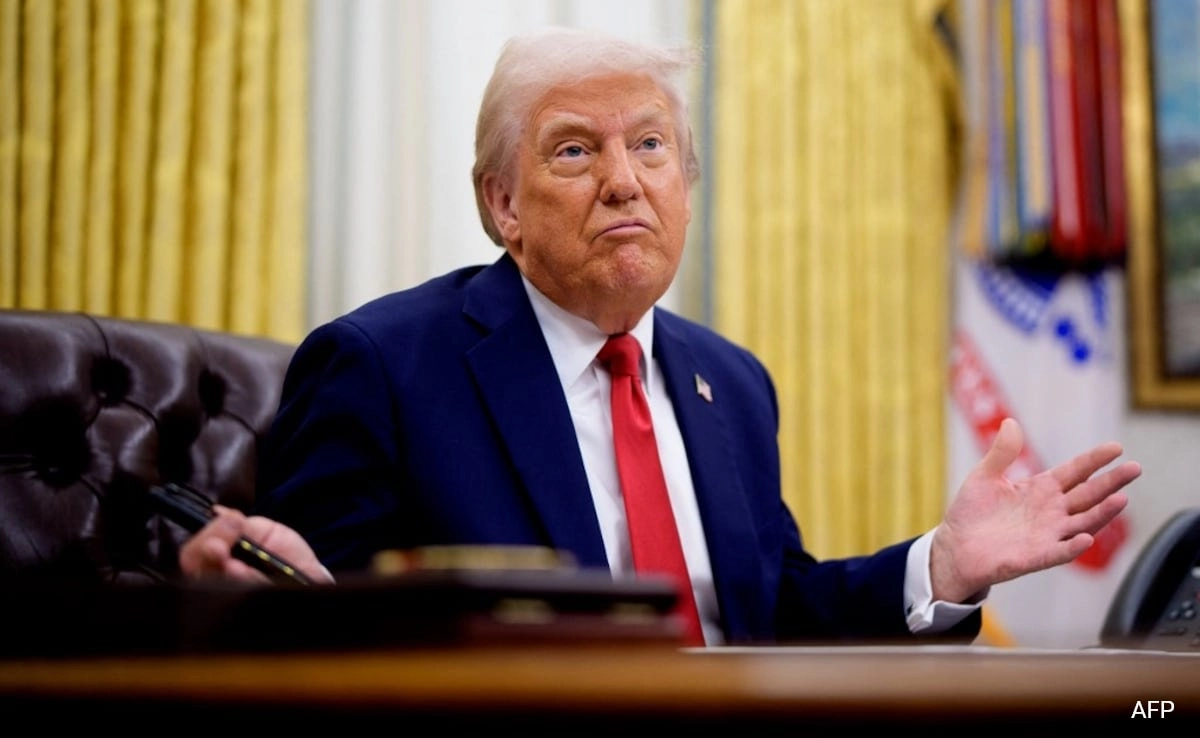In a surprising turn of events, former President Donald Trump has reportedly decided to pause the implementation of tariffs on various consumer electronics, including smartphones and laptops, particularly those imported from China. This decision marks a significant shift in his administration’s previous stance on trade and tariffs, which had been a hallmark of his economic policy during his presidency. The move has drawn mixed reactions from industry experts, economists, and political analysts, who are weighing the implications of such a decision on the broader economy, trade relations, and consumer prices.
The proposed tariffs had been part of a broader strategy aimed at addressing trade imbalances and protecting American manufacturers from foreign competition. However, the potential impact of these tariffs on consumers, especially during a time of economic recovery, may have played a crucial role in Trump’s reconsideration. With millions of Americans relying on affordable electronics for both work and personal use, imposing tariffs could have led to higher prices, ultimately affecting consumer spending and economic growth. By pausing these tariffs, Trump appears to be prioritizing the immediate economic concerns of American families over long-term trade objectives.
Moreover, this decision comes at a time when the relationship between the United States and China remains complex and fraught with tension. While the tariffs were intended to counteract what Trump described as unfair trade practices by China, their suspension suggests a nuanced approach to dealing with international trade relations. Observers speculate that this pause could be a strategic move to ease tensions and foster negotiations between the two nations, especially as both economies navigate the challenges posed by the global pandemic and ongoing supply chain disruptions.
Ultimately, Trump’s decision to pause tariffs on essential electronics reflects a balancing act between protecting American interests and addressing consumer needs. As the political landscape continues to evolve, it will be interesting to see how this pause influences future trade policies and the overall relationship with China. Industry stakeholders and consumers alike will be closely monitoring developments in this area, as any changes could have far-reaching consequences for the economy, technological innovation, and international relations in the years to come.




